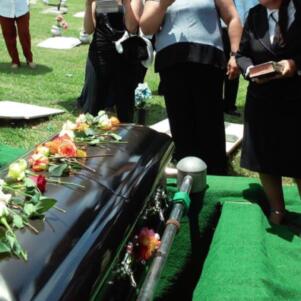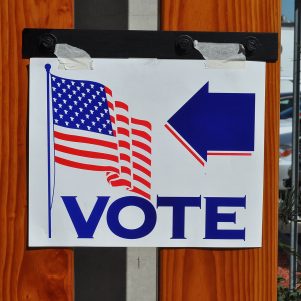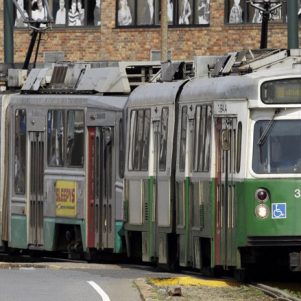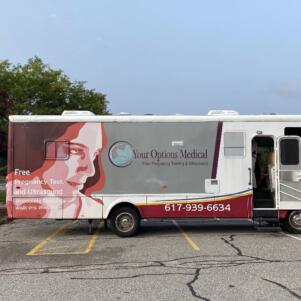Latino Pastors Urge Massachusetts Legislators To Rethink Physician-Assisted Suicide Bill
By Tom Joyce | July 29, 2020, 16:17 EDT
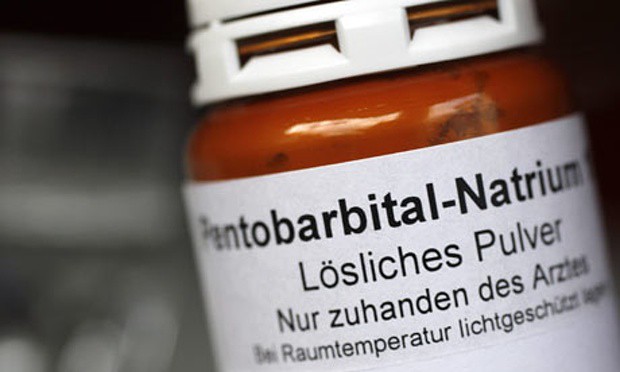 Sodium Pentobarbital, a drug used for assisted suicides (Courtesy AP)
Sodium Pentobarbital, a drug used for assisted suicides (Courtesy AP) More than 80 Massachusetts pastors have announced opposition to an assisted suicide bill on Beacon Hill, hoping to stop it from passing before the current formal portion of the current legislative session is scheduled to run out at the end of the week.
The pastors, nearly three quarters of whom are Latino, have released a letter formally addressed to state Representative Stephan Hay (D-Fitchburg) against a bill he co-sponsored (H.4782) to legalize physician-assisted suicide in the state.
Supporters of the bill say it would provide end-of-life options not currently available in Massachusetts, providing what they call “death with dignity.” Opponents say suicide is always a tragedy, that the bill devalues human life, and that suicide should never be held up as a viable option.
The pastors, who include Baptists, evangelicals, and Pentecostals, among others, say the bill is particularly inopportune at a time when thousands have died as a result of the coronavirus pandemic, because those who might be identified as candidates for assisted suicide are extraordinarily vulnerable given the situation.
“This bill targets the sick and especially the elderly and minority communities. These concerns are more manifested today due to the fact that loved ones cannot visit the sick and elderly,” the letter states.
The pastors note in the letter that the proposal goes against the Hippocratic Oath, is opposed by The American Medical Association and the American College of Physicians, and has been rejected by the voters of Massachusetts. Bay Staters defeated a proposal to legalize physician-assisted suicide in a statewide referendum in 2012.
In 2012, 51.9 percent of those who cast votes on the topic opposed the idea, and notably, diverse communities were among its biggest detractors. Places like Brockton (33 percent Yes, 57.9 percent No), Springfield (30.4 percent Yes, 57.6 percent No), Lawrence (23.8 percent Yes, 54 percent No), and Everett (34.3 percent Yes, 55.6 percent No) opposed the bill more vigorously than even some more Republican-friendly towns like East Bridgewater (45.4 percent Yes, 51.6 percent No), Middleborough (45.8 percent Yes, 49.4 percent No), and Bourne (47.7 percent Yes, 49.6 percent No).
Since then, though, the movement for assisted suicide has gotten some momentum. In December 2017 the Massachusetts Medical Society dropped its longstanding opposition to physician-assisted suicide, adopting instead a policy of what it calls “neutral engagement.”
The pastors, though, say suicide is nothing to be neutral about.
They express concern that suicide will become a preferred alternative for some because of the high cost of health care.
“This bill would exacerbate elderly abuse,” the letter states. “Hospital care can be expensive; suicide is cheap. There are far more meaningful and humane end-of-life options to consider, especially palliative care and hospice services.”
They note in the letter that in a for-profit health care system, lethal drugs are far more profitable for health insurance companies than providing life-preserving care, which is often expensive. The pastors wrote that it’s “morally reprehensible” that people who aren’t well off financially could be in a position where they chooses death because they can’t afford life-saving care. They also point out that minorities are more likely to have inadequate access to medical care.
“On behalf of our families and communities, we strongly urge the Massachusetts legislature to defeat all attempts to legalize assisted suicide in our state,” the letter concludes.
Reverend Father Christopher Stamas, the presiding priest at Saint Spyridon Greek Orthodox Cathedral in Worcester, told New Boston Post that the assisted suicide bill is a dangerous direction to go in and sends the wrong message about human life.
“The Orthodox Church has a very strong history of supporting life and we believe that measures like this can easily be misinterpreted and misused,” Father Stamas said in a telephone interview. “It’s very heartening to know that people still value life. We have a culture that doesn’t value life or only values certain life. We believe that all life is important.”
Pastor Abimael Ayala of Iglesia de Dios Pentecostal in Fitchburg told New Boston Post in a telephone interview that it’s not up to people to decide when their lives end.
“We don’t want to play the role of God,” Pastor Ayala said. “We strongly believe that He determines life and death of human beings. We don’t like to get involved in those decisions. Also, it affects minorities more. I from Puerto Rico, so I know when it comes to this, it’s something that affects our community disproportionately. The elders in the minority and Hispanic community have really been impacted by it.”
The Massachusetts Catholic Conference, which represents the bishops of the state’s four Roman Catholic dioceses, also opposes legalizing physician-assisted suicide.
Formal sessions for the Massachusetts legislature for the 2020 year are scheduled to conclude on Friday, July 31 — although Massachusetts House Speaker Robert DeLeo announced Wednesday, July 29 that he is seeking to extend formal sessions for the rest of the calendar year. It would take the agreement of the Massachusetts Senate to accomplish that.
Hay’s office could not be reached for comment on Tuesday. The Death with Dignity National Center, which supports physician-assisted suicide, could not immediately be reached for comment on Wednesday.
The pastors’ letter is available here.


